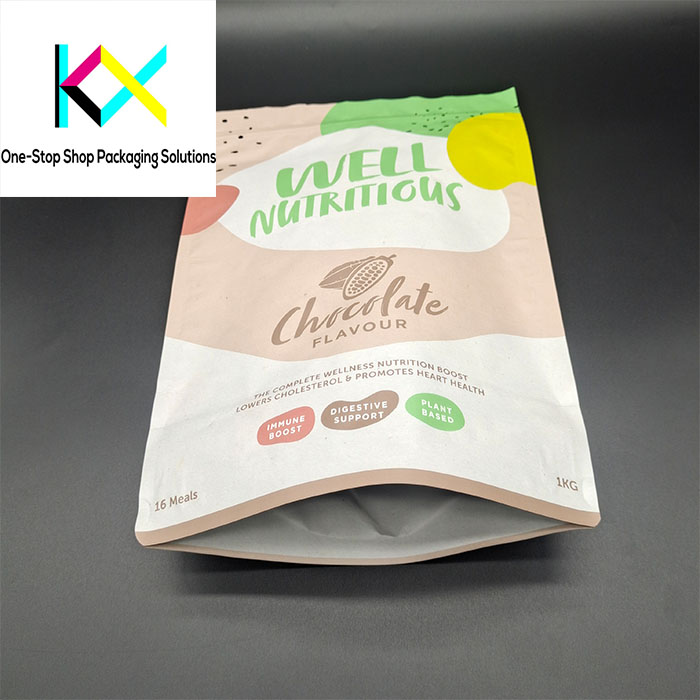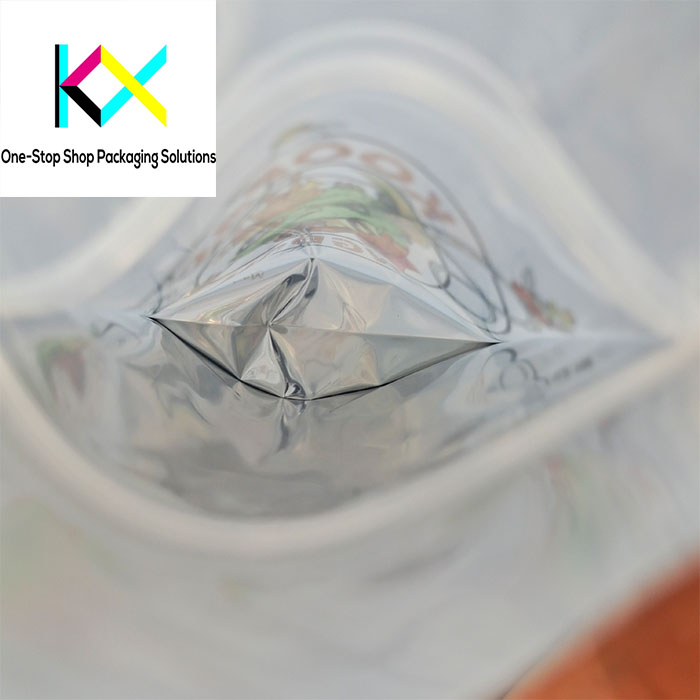White Kraft Paper Pouch: The Sustainable Star of Modern Flexible Packaging
The packaging industry is undergoing a transformative shift, and the white kraft paper pouch is emerging as a standout solution for brands seeking sustainability without sacrificing functionality. Alongside innovations like flexible plastic bags, pillow pouch packaging, and quad seal pouches, the white kraft paper pouch is redefining how products are stored, protected, and delivered. These solutions are not just about reducing waste; they’re about creating packaging that aligns with both consumer expectations and environmental goals. Let’s explore how these designs are reshaping industries and what makes them a smart choice for forward-thinking brands.
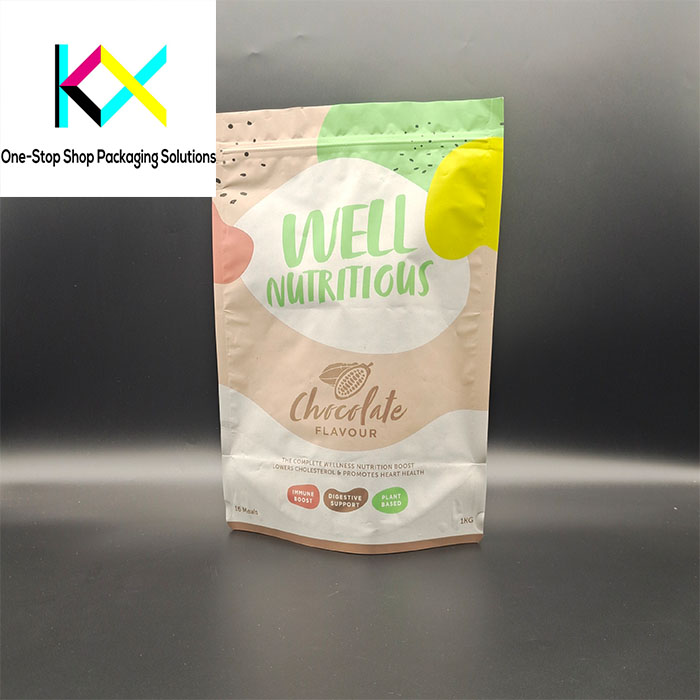
The Appeal of White Kraft Paper Pouches
The white kraft paper pouch combines the natural, rustic aesthetic of kraft paper with modern functionality. Its clean, minimalist design makes it ideal for premium products like coffee, tea, and organic snacks. Brands like Pukka Herbs and Death Wish Coffee have adopted white kraft paper pouches to emphasize their commitment to sustainability while maintaining a high-end look.
Key features include:
Recyclability: Made from FSC-certified paper, these pouches are fully recyclable and compostable, meeting strict environmental standards.
Customizability: Digital printing allows for vibrant, high-resolution branding, making white kraft paper pouches a favorite for artisanal and specialty products.
Barrier enhancements: Laminated or coated versions offer moisture and grease resistance, ensuring product freshness without compromising eco-credentials.
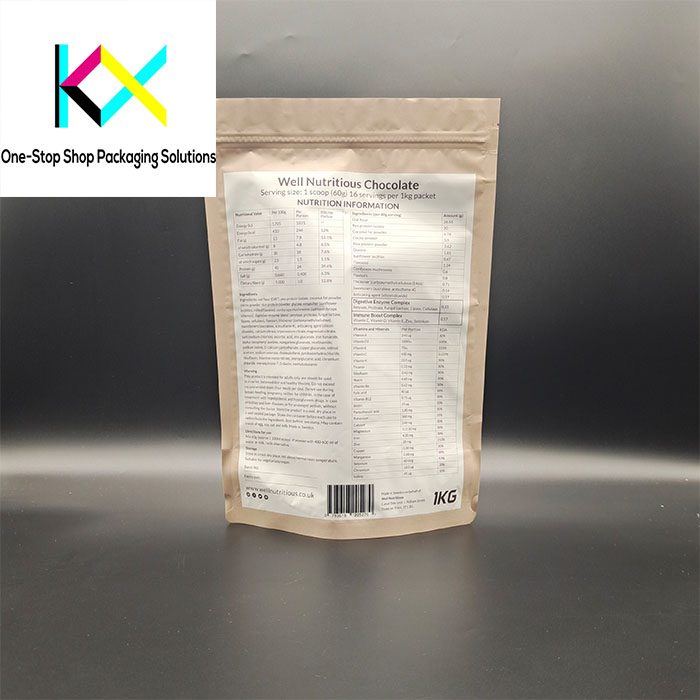
Flexible Plastic Bags: Balancing Durability and Sustainability
While white kraft paper pouches excel in eco-friendliness, flexible plastic bags remain a popular choice for their durability and versatility. Recent advancements have made these bags more sustainable:
Mono-material designs: Using single polymers like PE or PP, flexible plastic bags are now easier to recycle, aligning with APR and RecyClass certifications.
High-barrier films: SiO₂ and AlOx coatings provide oxygen and moisture protection, extending shelf life for products like snacks and pet food.
Smart features: QR codes and NFC tags on flexible plastic pouches enable traceability and consumer engagement, enhancing brand loyalty.
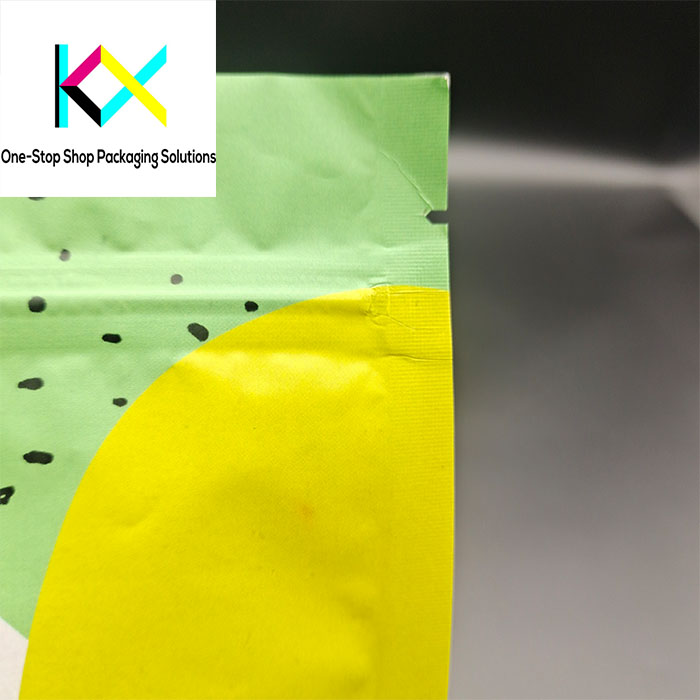
Pillow Pouch Packaging: Lightweight and Efficient
Pillow pouch packaging is a go-to solution for lightweight, cost-effective packaging. Its simple design and efficient use of materials make it ideal for products like chips, candies, and frozen foods. Innovations in this space include:
Recyclable materials: Mono-material PE or PP structures ensure pillow pouch packaging can be recycled in existing streams.
Active packaging: Oxygen scavengers and moisture absorbers extend product freshness, reducing food waste.
E-commerce optimization: Durable designs withstand shipping stresses, making pillow pouch packaging a favorite for direct-to-consumer brands.
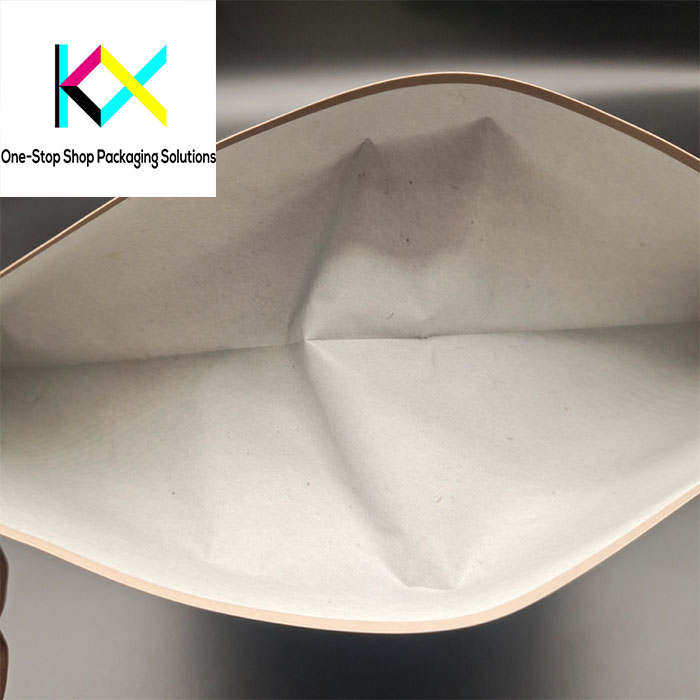
Quad Seal Pouches: The Ultimate in Protection
For products requiring extra protection, quad seal pouches are a top choice. Their four-sided seals create a robust, tamper-evident package ideal for sensitive items like pharmaceuticals, pet food, and premium snacks. Key advancements include:
High-barrier options: Multi-layer films with EVOH or metallized layers provide superior oxygen and moisture barriers.
Sustainable materials: Recyclable mono-material versions are gaining traction, offering the same protection with a smaller environmental footprint.
Custom shapes: Unique designs, like flat-bottom quad seal pouches, enhance shelf presence and functionality.
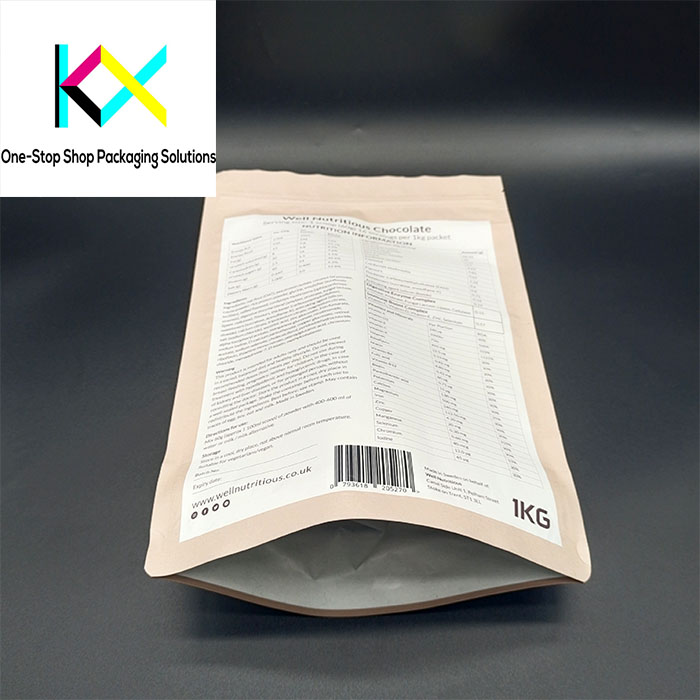
Flexible Plastic Pouches: Versatility Meets Innovation
Flexible plastic pouches remain a cornerstone of the packaging industry due to their adaptability and cost-effectiveness. From stand-up designs to spouted pouches, these solutions cater to a wide range of products, including liquids, powders, and solids. Recent trends include:
Marine-degradable films: Algenesis’s Solaplast dissolves in seawater within 24 weeks, addressing ocean plastic pollution.
Edible coatings: Mori’s chitosan-based films allow flexible plastic pouches to break down naturally, offering a zero-waste option.
Smart packaging: Temperature-sensitive inks and blockchain-enabled QR codes enhance functionality and consumer trust.
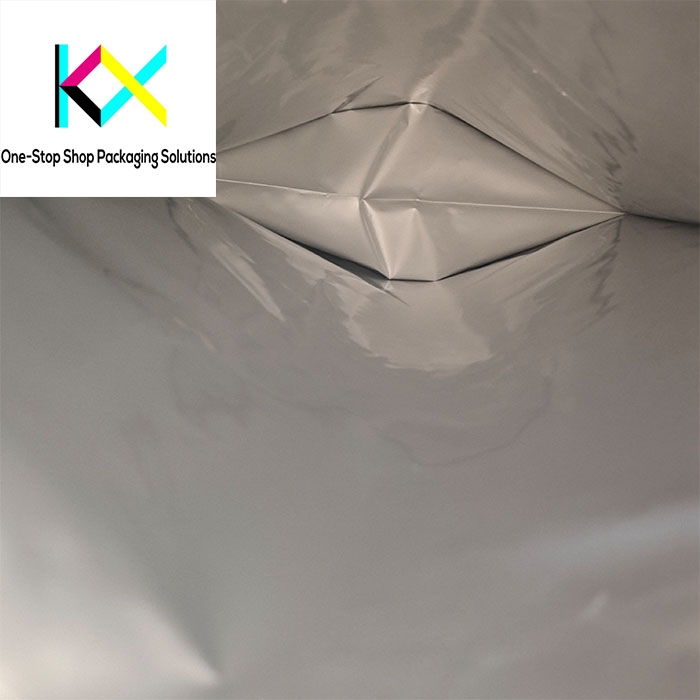
The Role of Sustainability in Modern Packaging
As consumers and regulators demand greener solutions, brands are prioritizing sustainability across all packaging types. The white kraft paper pouch leads the charge with its recyclable and compostable design, while flexible plastic bags and pillow pouch packaging are evolving to meet stricter environmental standards. Certifications like FSC, APR, and OK compost HOME are becoming essential for brands aiming to build trust and comply with regulations.
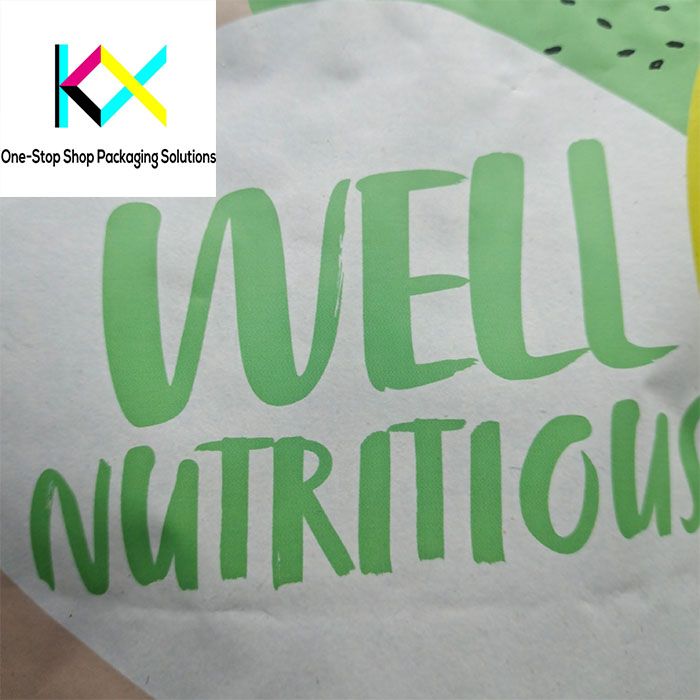
Challenges and Opportunities
Despite the progress, challenges remain. Many regions lack the infrastructure to process recyclable or compostable packaging, creating gaps in the sustainability chain. Consumer education is also critical, as improper disposal can undermine even the most eco-friendly designs.
To address these issues, brands are leveraging technology:
-
Blockchain tracking: QR codes on white kraft paper pouches and flexible plastic pouches provide disposal instructions and reward proper recycling.
-
AI-guided apps: Tools like TerraCycle’s Scan2Recycle help consumers identify the correct disposal method for each packaging type.
The Future of Packaging
The next generation of packaging will blend sustainability with smart technology:
-
Self-degrading materials: Enzyme-triggered films accelerate decomposition when exposed to specific conditions.
-
Carbon-negative designs: Coffee husk-based white kraft paper pouches sequester CO₂, offering a net-positive environmental impact.
-
Interactive packaging: AR-enabled labels on quad seal pouches provide immersive brand experiences.
A Call to Action
The shift toward sustainable packaging is no longer optional—it’s a necessity. Brands must:
-
Adopt recyclable and compostable designs like white kraft paper pouches and flexible plastic bags.
-
Invest in consumer education to ensure proper disposal and recycling.
-
Leverage technology to enhance functionality and traceability.
From pillow pouch packaging to quad seal pouches, the future of packaging is bright, sustainable, and innovative. By embracing these solutions, brands can meet consumer demands, comply with regulations, and contribute to a healthier planet.
You can visit our website to know more about our compostable pouch:
